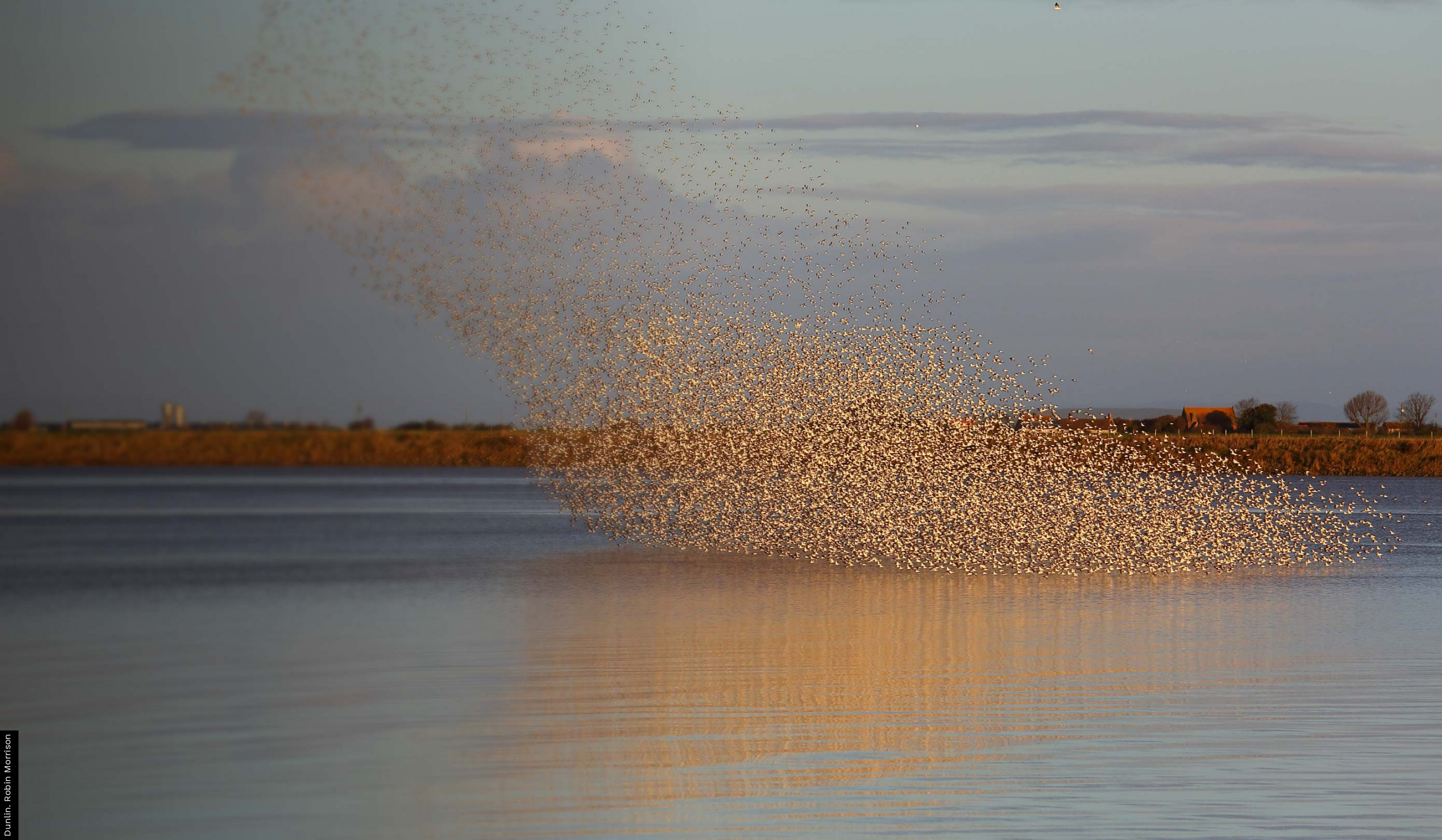Ian Henderson
Senior Research Ecologist
Ian is part of Terrestrial Ecology team. Principal roles are in project development, project management, field ecology and data analysis.
Interests & Responsibilities
An experienced analyst and field ornithologist with diverse skills and interests in field and population ecology, bird monitoring, bird tracking and project design. Research in the last 25 years has largely focused on farmland birds but also woodland and forest issues relating to demography, predation and bird spatial relationships to habitat. Detailed autecological work includes Nightjar, Whinchat and Stone Curlew. Tracking experience covers Nightjar, birds of prey and passerines. A core driver is curiosity in understanding adaptation and natural processes.
Farmland sustainability (20 publications).
- Assignments include a long series of mainly Government-backed projects, since 1996, addressing issues of set-aside, agri-environment scheme efficacy and sustainable farming, both in UK and EU contexts (via Interreg).
- Currently, involved in a multi-taxa, landscape-scale monitoring study of agri-environment scheme efficacy in England, specifically addressing birds and bats, the latter using passive-detectors for representational sampling.
- Experience of corporate sustainability via, Unilever & Birds Eye: developing guidance standards for growers.
Forest management: Long term forest work has centered around a self-determined behavioural and ecological study and Nightjars with colleague Dr Greg Conway. Other work includes assessments of general bird assemblage relationships to forest composition, through repeated field surveys for the Forestry Commission, England.
Field skills: Objective and ‘analytical’ approach to working-practice, strong bird ID and survey skills and good with other taxa. Experienced in: Single species studies (e.g., Stone Curlew, Nightjar, Woodlark, Whinchat, Jackdaw, Yellowhammer, Goshawk and Sparrowhawk); Applying monitoring and tracking techniques (nest cameras, radio-tracking and GPS/geo-locators applications to Nightjars, birds of prey and passerines,; passive bat detectors) for studies of productivity, movements and habitat associations; Ecological, survey experience abroad (Kenya (Rift), Ghana, Delaware, Djibouti, EU).
Monitoring experience: Experienced in survey design and application having overseen several large-scale national surveys of Set-aside (1996), Winter Bird Crops (1999), Nightjars (2004), foraging Swallows (2004), Woodlarks (2006) and chats (2012-2013). Monitoring of AES landscape-scale effectiveness for birds and bats with CEH for Defra/NE (ongoing).
Core interests - understanding: i) demographic constraints and species ecology in the context of sustainable land-use practices, and, ii) bird movements between populations and landscapes.
Current research: Studies of the potential benefits of managed forests for broad species assemblages; Patterns and scale of movement in Goshawks; Nightjars, assessing seasonal and inter seasonal movements (tracking), home range, carrying capacity, diet and habitat use. Assessing the effectiveness of agri-environment schemes at the landscape level.
Other Information
Student co-supervision: Eight MSc projects and two Ph.D projects (one current). External links: the University of East Anglia (UEA), the Forestry Commission for England, The University of Lancaster (LEC), the MOD/Dstl. Duties: associate editor for Ornis Fennica.
Qualifications
BSc (Hons) Zoology, University of Newcastle (1982).PhD, Social and genetic composition of Rook & Jackdaw flocks, University of Leicester (1989).







Share this page